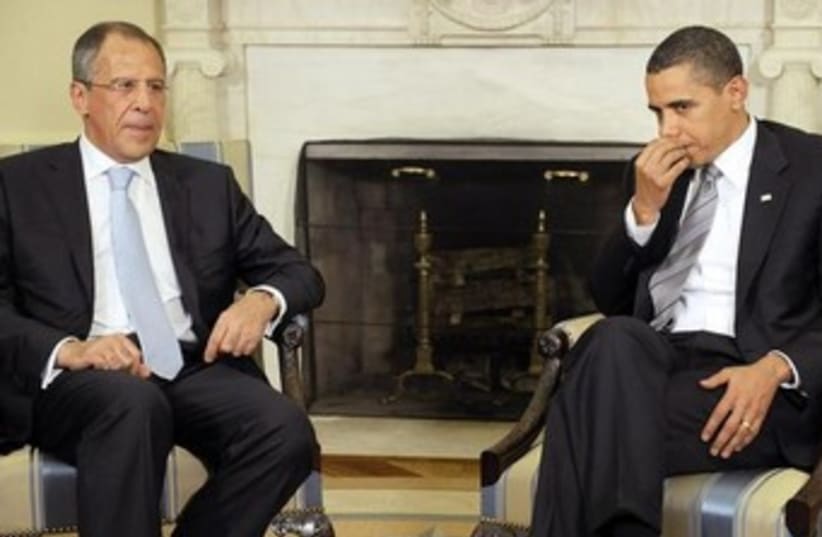US hints at interest in Russian proposal for Syria chemical weapons monitor
Russia proposes Syria put chemical arms under int'l control to avoid US strike; Damascus "welcomes" proposal, but stops short of saying Assad accepts it; State Department: "We can't have this be another stalling tactic."
